Post-Marathon Recovery Tips
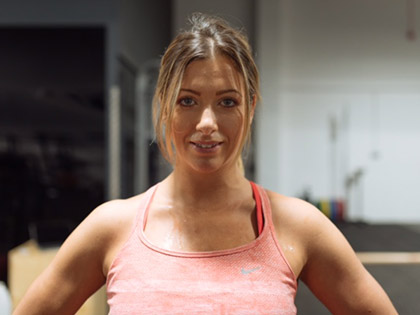
Author: Jordane Zammit Tabona
Jordane Zammit Tabona is the founder and owner of Function360, she is a sports physiotherapist and rehabilitation specialist.

With long-distance running and marathons becoming more popular, many people are either preparing for or recovering from a race.
Some of them will be managing aches and pains to get to that finish line, and some of them are completely injury-free and are just ready to hit the start line with full force!
Why it is important to recover after a marathon
Studies indicate that it takes 4 weeks to fully recover from a marathon and muscle damage can last for up to 2 weeks after a marathon or long-distance running event.
Whatever your situation is, it is now time to taper down. It is time to nurture and nourish your body with sports massage, rest, nutritious food and lots of water.
Although injury prevention is important, post-marathon or event recovery is just as necessary. Have you thought about what you need to do after the Marathon? If not, don't worry, you are NOT alone.
This point of your marathon prep is crucial so I do advise you to take it seriously in order to optimise your performance on race day.
Most people forget about the trauma the body is put through following Marathon prep and race day... think about all the miles you've covered over the past months, it's a crazy distance and your body needs a good old pat on the back, a huge hug and a massive THANK YOU!
Here are a few key steps for you to take after your Marathon, in order to optimise your recovery and prevent injuries:
Stretch
Stretching is extremely important for injury prevention but it is equally instrumental after an event or a run. Upon reaching that finish line, take a deep breath, appreciate your HUGE achievement and stretch. Stretching will increase blood and nutrient supply to your muscles, reducing soreness and promoting recovery.
Avoid static stretching and instead, try to do dynamic stretching or make use of a foam roller for stretching exercises which will benefit you in numerous ways.
Keep stretching gently that day and the following day too. Foam rollers are great tools for stretching and massaging pain and injuries because they allow you to stretch muscles and joints while also improving your range of motion.
If you have tense/tired muscles or you've picked up an injury such as shin splints then you'll need to stretch in the weeks following the marathon as well.
Foam Roller Stretches for Running
Foam Rolling for Shin Splints
Shin splints are quite a common injury in sports but very common in running due to it being a high-impact activity and the demands you have to make as a long-distance runner.
Foam Rolling for Tight Calf Muscles
Tight Calf Muscles are another fairly common problem for runners, this foam roller exercise will help to massage out muscle tightness and stretch your calf muscles.
Hydrate and nourish
Drink water and electrolytes; you should also eat foods high in protein and moderate in carbohydrate content within the first-hour post-race.
Intense exercise such as long-distance running can completely deplete all your energy and dehydrate you so it is extremely important that you eat well and drink loads of water.
You will, of course, drink a lot of water during the marathon but your body will go through this quite quickly so if you're not sure about your hydration levels then do a simple visual urine test and this should help you to figure out how dehydrated you are.
You should try to eat as much as possible in the days following a marathon to restore all the lost calories and to give your muscles the right amount of protein so they can recover and get stronger.
Hot and Cold Therapy
This is another great way to recover better or treat sports injuries. Hot and Cold Therapy can help you to manage injuries or pain properly by offering numerous benefits. Ice packs and cold gels can be applied to any sore joints and/or muscles, to promote healing and reduce inflammation.
A warm bath a few hours following the race will help reduce muscle soreness the following day.
Continuing with hot/cold therapy for the next couple of days will help further. You can even try alternating hot and cold therapy which will give you both the benefits of each approach and even offer some benefits that you won't get from using them individually.
Rest
Rest, but keep moving throughout the day. Have a good night’s sleep - give the body time to recover properly before you do more exercise. You don't have to be completely idle though, an easy walk in the morning will help your muscles loosen up and help keep the blood flowing properly.
Rest is one of the most important parts of recovery, without rest you don't give your muscles a well-deserved break to recover and this can lead to overuse injuries or aches and pain that will only get worse.
Sports Massage
This will help to improve the quality of the soft tissues, increase blood supply and release muscle tension, flushing through lactic acid and realign scar tissue which is key for optimised recovery.
Sports Massage is one of the most effective recovery tools because it gives your soft tissues the care and attention they need to relax and recover.
This can be done straight after finishing the marathon and a few days later for optimum recovery and muscle health. We have a guide on sports massage oils and other mediums if you are looking for sports massage products to use for treatments.
Physiotherapy
If you have a localised or specific pain or injury, seek professional help in order to avoid it worsening. I wish you the best of luck and I am more than happy to provide advice to anybody who has questions.
You should also consider looking at doing some strength and conditioning in the months following a big marathon or long-distance running event because it is important for your performance. Remember to recover properly first though!
Some other top tips for post-marathon recovery:
Avoid anyone who is ill or has a cold, your immune system will be compromised as your body tries to recover so the last thing you need is to be recovering from the flu or a cold as well.
Try to avoid alcohol as much as possible and if you can, avoid using too many anti-inflammatories or ice baths immediately after the event. Ice packs and cold gels should be alright shortly after and in the days following your event.
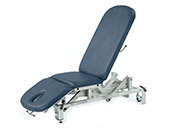
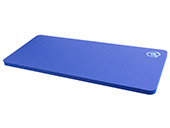

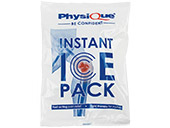
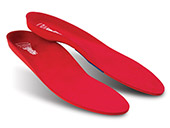
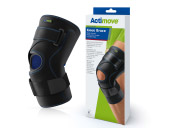
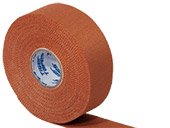
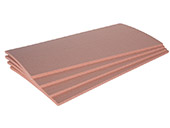
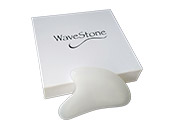
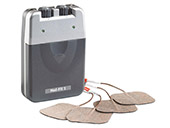

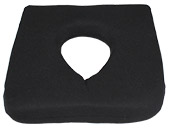
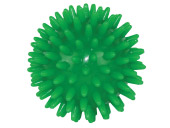
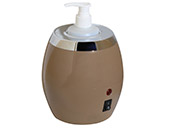
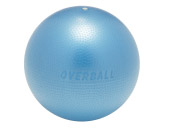
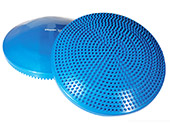
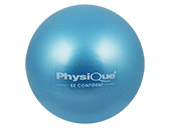
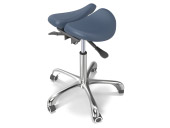
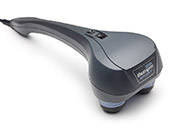
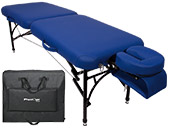
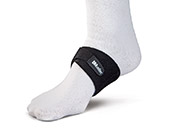
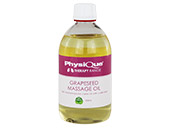
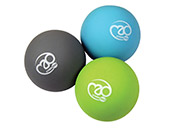
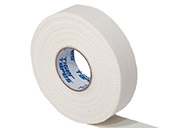
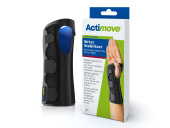
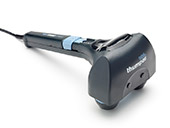
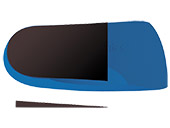
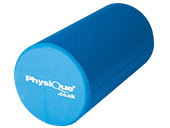
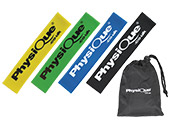
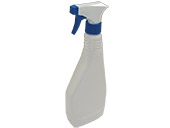
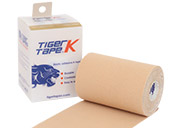
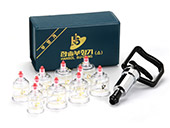
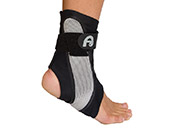
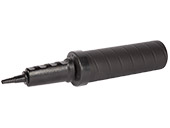
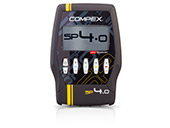
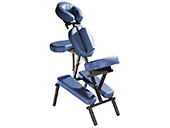
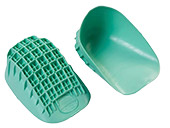

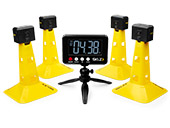
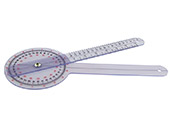
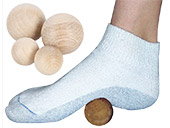
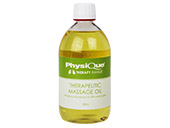
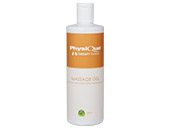
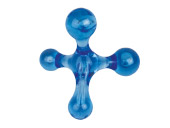
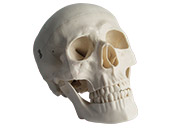
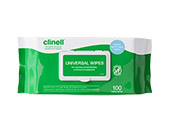
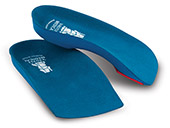
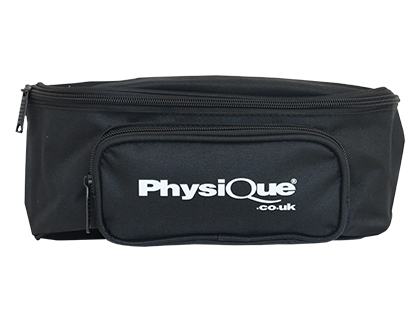
Did you find this article useful?
Why not share this with a colleague, patient or friend?